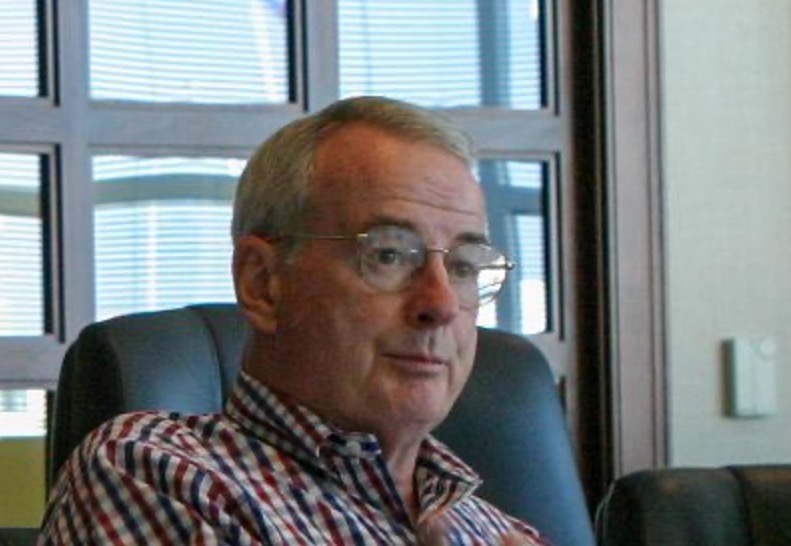Businessman, outdoorsman, conservationist, philanthropist.
A great man died earlier today. Born in 1933 in Madison, Wis., Reed Coleman was a prominent and very public-spirited businessman, outdoorsman, conservationist, and philanthropist. He led the Madison-Kipp Corporation for more than 50 years.
We knew Reed from our time on the program staff at The Lynde and Harry Bradley Foundation in Milwaukee. The Bradley Foundation was an initial and substantial supporter of the Sand County Foundation, which he founded. He was also vice chair of the National Commission on Philanthropy and Civic Renewal, and he served on many corporate and nonprofit boards of directors, including Bradley’s.
Reed’s father was a good friend with University of Wisconsin ecologist and forester Aldo Leopold, author of A Sand County Almanac. As a youth, Reed would play with Leopold’s children around the famous “Shack.” The Sand County Foundation furthers Leopold’s “land ethic” promotes voluntary conservation on working lands by appealing to ethics, science, and incentives. It values liberty, voluntary action, property rights, and civic duty. It prefers collaboration over litigation in conservation.
“The Sand County Foundation’s way of going about enhancing conservation and environmental protection reflected Reed Coleman’s experience at the Shack, as a hunter, and at the helm of a sizable business,” according to Craig Kennedy, former president of the German Marshall Fund of the United States and the Joyce Foundation. “By both the examples it set and the arguments it presented, Sand County altered the manner in which many people considered how to effect real change in the area.”
The National Commission on Philanthropy and Civic Renewal, chaired by Lamar Alexander, reflected Reed’s thinking, too, in this case about how to go about doing good grantmaking. According to the Commission’s 1997 report, Giving Better, Giving Smarter,
[o]ur investigations have led us to conclude that American charity is sorely in need of reform and renewal if it is going to lead the way to a rebuilding broken neighborhoods and aiding the people who live in them. Our hope is that private giving, if pursued in the right way, will play a greater role in reviving troubled neighborhoods and assisting individuals who cannot make it on their own. Yet it would be an error to assume that today’s philanthropy establishment is ready—or even willing—to shoulder that important role. Charity is our nation’s secret weapon. We cannot afford to waste it.
The three of us variously recall, always fondly, certain circumstances with Reed. One of us traveling through the vast expanse of Russia with him. Another of us looked in awe at the majestic mountains of the American West with him. As staff, we all sat with Reed while he was serving as a director during many board meetings, sometimes difficult and tense ones, though not necessarily because of him.
He was curious, and he wanted to learn. He was tough, but fair and respectful. He very much enjoyed having either a good argument or a good time, or both at the same time. He saw great value in deepening both his knowledge and his friendships.
We’re so glad to have been blessed to know Reed Coleman, and along with so many others, we mourn his passing.




